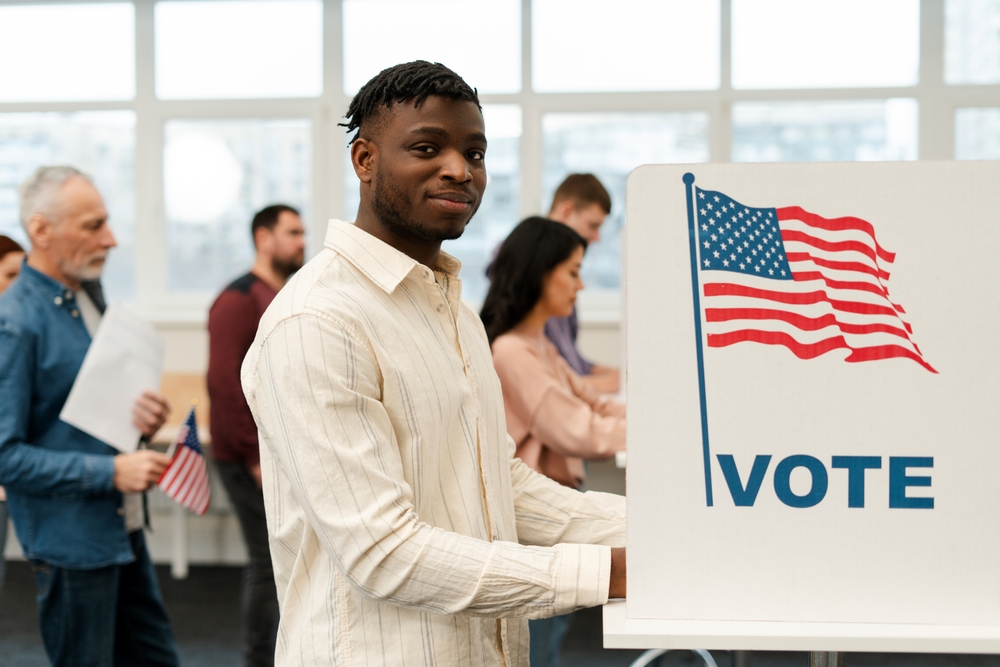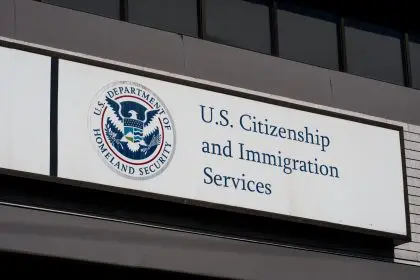California and Nevada voters face landmark decisions on constitutional amendments that would eliminate exceptions allowing slavery and involuntary servitude in prisons, joining a growing movement to reform inmate labor practices nationwide.
The initiatives target legal loopholes that permit forcing inmates to work for wages often below $1 per hour under threat of punishment. If passed, the measures would emphasize voluntary rehabilitation programs over compulsory labor.
These states follow Colorado, Utah, Nebraska, Alabama, Tennessee and Oregon in addressing prison labor reform. Colorado led the change in 2018, with other states following in 2020 and 2022.
The 13th Amendment outlawed slavery nationally but kept an exception for criminal punishment. Democratic legislators introduced a proposal in 2023 to eliminate this federal exemption.
“California prioritizes prison slave labor over rehabilitative programming that’s proven to reduce crime when incarcerated people return to our communities,” said Rep. Barbara Lee.
Current prison labor produces items ranging from license plates to office furniture. Inmates refusing work face consequences including solitary confinement and reduced parole chances. The dangers of such work were highlighted by Shawna Lynn Jones’ death – the first female inmate to die fighting California wildfires.
“Prop. 6 offers us the opportunity to take a stand for human rights and ensure that incarcerated individuals are treated with respect and compassion,” said Alyssa Mireles of the League of United Latin American Citizens.
Recent polls show 56 percent of likely voters oppose Prop. 6 as of October. This shift aligns with broader support for stricter criminal policies following perceived crime increases during the pandemic, despite actual crime rates declining.
Esteban Nuñez of the Anti-Recidivism Coalition noted challenges in public education about the initiative. Nuñez said voters may misunderstand “involuntary servitude” since it doesn’t directly reference slavery.
If the measure fails Nov. 5, advocates plan to return in future elections. “If it means we have to come back to California voters in two years or four years, then that’s what we’ll do,” Nuñez said.
The vote’s outcome could influence similar reforms across the country as states reconsider their approaches to prison labor and criminal justice.
The amendments represent significant steps in addressing modern slavery within prisons. Success would strengthen the national movement toward more humane treatment of incarcerated individuals while maintaining focus on rehabilitation.
Reform advocates emphasize that ending forced prison labor aligns with reducing recidivism and creating more effective paths for inmates to rejoin society productively.
As voters prepare to decide, both states stand at a crossroads between maintaining traditional prison labor practices and embracing more progressive approaches to criminal justice and rehabilitation.
















